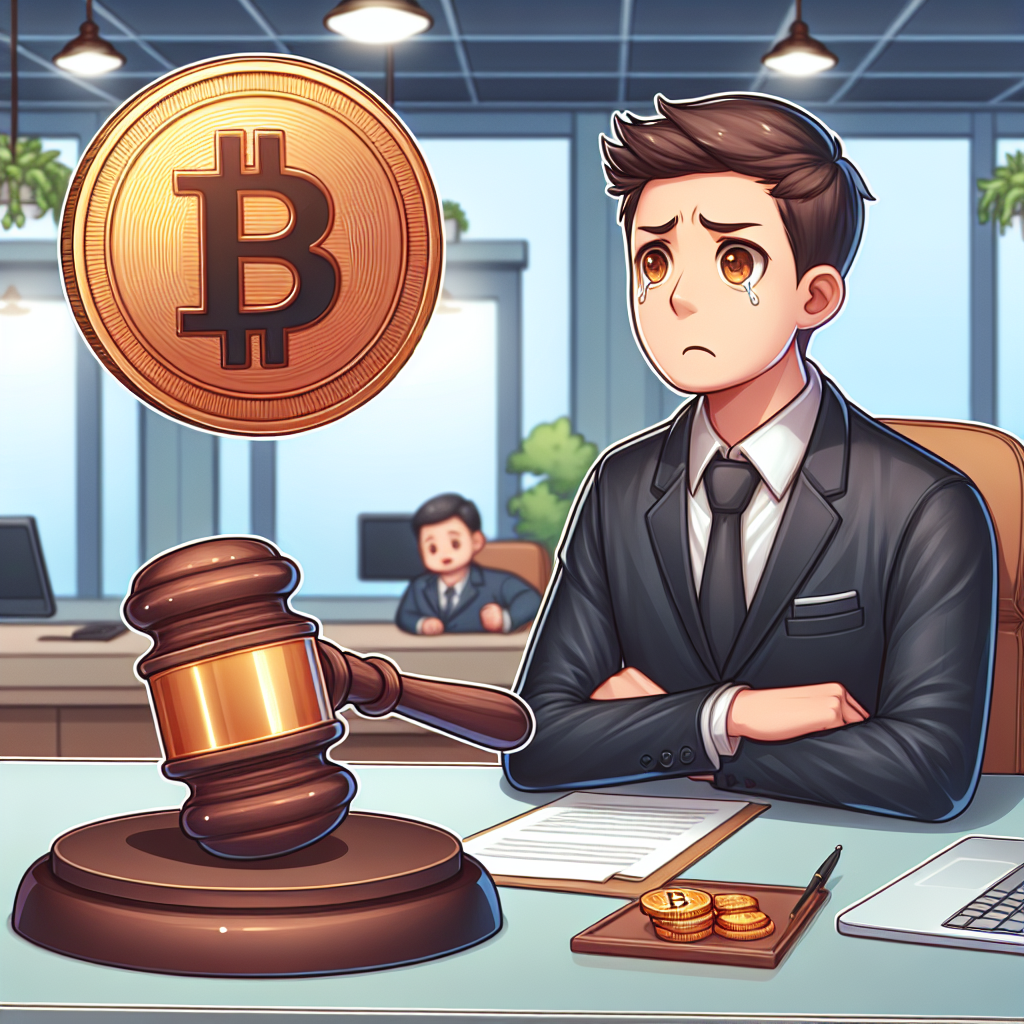The CEO of Ripple, Brad Garlinghouse, recently addressed concerns regarding the status of Ripple's native cryptocurrency, XRP, in a 60 Minutes interview. This comes amidst an ongoing legal battle between Ripple and the U.S. Securities and Exchange Commission (SEC), which has accused the company of selling XRP as an unregistered security.
In the interview, Garlinghouse reiterated his belief that XRP should not be classified as a security and highlighted that Ripple doesn't have control over XRP's price. He argued that XRP is similar to Bitcoin and Ethereum, which the SEC does not consider securities, and thus should be subject to the same classification.
Garlinghouse also emphasized that Ripple uses XRP for its speed and efficiency in cross-border payments, and not as a tool for raising funds. He further insisted that it is the utility and functionality of XRP that distinguishes it from a security, as it is used as a bridge currency in Ripple's On-Demand Liquidity (ODL) service, allowing money to be moved virtually instantly around the world.
Despite the ongoing legal proceedings, Garlinghouse revealed that the company is seeing significant growth in Asia, particularly in Japan and the Philippines. This success, he claimed, is due to the regulatory clarity in these markets which allows Ripple to operate without the concerns faced in the U.S.
The SEC's lawsuit, filed in December 2020, alleges that Ripple conducted an unregistered securities offering by selling XRP. Ripple, however, maintains that XRP is a currency, not a security, and that they have not violated any laws. The outcome of this case could have significant implications for the broader cryptocurrency industry, potentially setting a precedent for how digital assets are classified and regulated in the future.




